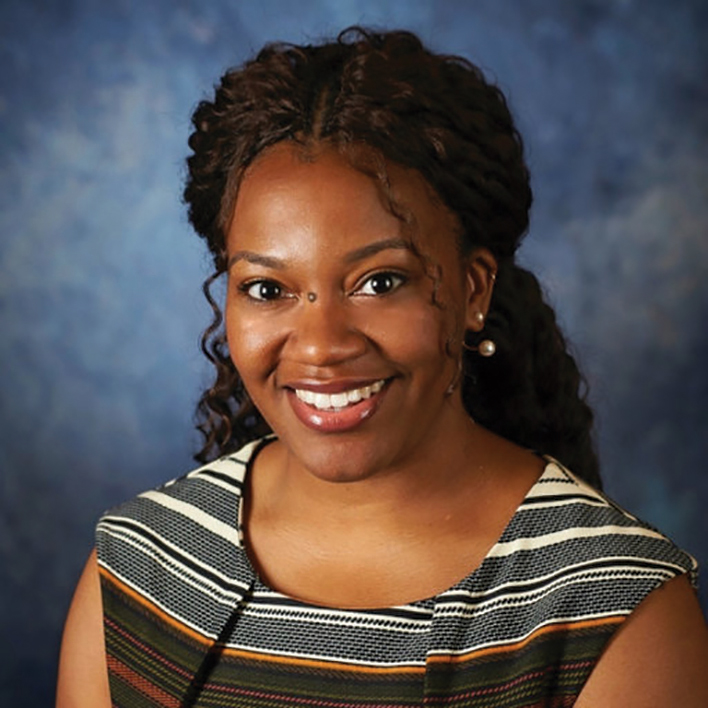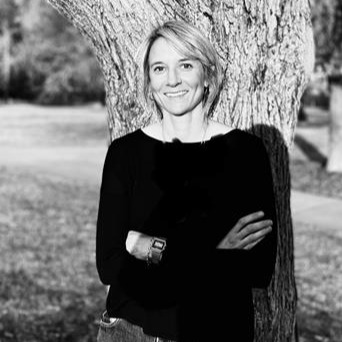Investing in Health Equity
Partnership Development between the Morehouse School of Medicine and the Ludeman Center
Jan 12, 2024
University of Colorado Anschutz Medical Campus
Maternal mortality is a major topic of discussion because the United States has long witnessed a higher rate of deaths of women related to pregnancy than many other high-income countries. This is particularly tragic, as over 80% of maternal deaths are preventable. When looking within the U.S., the incidence of pregnancy-related deaths among Black women is consistently 2-3 times higher than the rate among White women – in part due to elevated cardiovascular risk during pregnancy. The leading causes of maternal mortality are cardiovascular complications, excessive bleeding, infections and blood clots.
The Ludeman Center recently launched an initiative with Morehouse School of Medicine, a historically black university in Atlanta. The idea was to increase collaborations between the two institutions, combining the expertise of faculty to better health for women. “We started working with Morehouse School of Medicine because we believe that these collaborations create better science and can impact more lives,” said Judy Regensteiner, PhD, director and co-founder of the Ludeman Center and distinguished professor of medicine. “It is important that we expand our reach and focus on populations around the country including diverse populations.”
During an early visit between Morehouse School of Medicine and the Ludeman Center in 2021, maternal mortality was a topic of discussion. Natalie Hernandez, PhD, MPH, executive director at the Center for Maternal Health Equity at Morehouse School of Medicine, is a leader in maternal health research and described a portion of her work funded by the National Institutes of Health. She explained that she was looking to partner with an implementation scientist for the next phase. Amy Huebschmann, MD, lead scientist for community outreach and education at the Ludeman Center and associate professor of medicine in the CU School of Medicine, is known for her implementation science expertise – the crucial step of translating scientific knowledge to action. Drs. Hernandez and Huebschmann were soon to learn that their combined expertise would create a great match to tackle maternal mortality disparities together.

Natalie Hernandez, PhD, MPH
At the time of that meeting, Dr. Hernandez had funding for research to engage with a series of community partners to identify priority interventions to improve women’s cardiovascular health prior to pregnancy. The community partners had identified evidence-based counseling on diet, physical activity and other cardiovascular risks as the top priority. By partnering with an implementation scientist, this first phase of research could expand into a second phase of NIH funding to test the impact of delivering this intervention.
“It just seemed like a natural fit,” said Dr. Huebschmann. “The NIH was asking for a dedicated implementation scientist to help implement and test the counseling solutions that Dr. Hernandez and her community partners had co-developed in a community-based participatory approach, so we wrote the grant together for this second phase. We are excited that our proposal was funded for five years so we can work closely with Healthy Start centers and other community-centered organizations across the Southeast to implement and test the best way to deliver this intervention so that it has the greatest positive impact.”
A community-centered approach is one important aspect of this work. During an interview with the Washington Post, Dr. Hernandez said, “A Black woman who has graduated from college still has worse maternal health outcomes than a White woman who dropped out of high school. And so there are spaces where when we’re trying to receive care, they’re unsafe, and where we don’t feel heard.”
The grant from the partnership between Dr. Huebschmann and Dr. Hernandez focuses on testing the relative impact of pre-conception counseling delivered with two alternate approaches, in order to decide which is best. The trial will take place in partnership with community health settings in Georgia, North Carolina and South Carolina. The research team has particularly sought to include Healthy Start community-based programs, as they exist across the U.S. and could provide a foothold for pre-conception counseling to be scaled throughout the country.
“If we can improve women’s health before they get pregnant, we can improve pregnancy outcomes,” said Dr. Hernandez. “Because so many pregnancy-related deaths are preventable, we have to improve health before a woman is even pregnant.”
Reaching community clinics with the tools to provide evidence-based preconception counseling is important. Many women of reproductive age are uninsured in the U.S. In Georgia, 19.3% of women of childbearing age do not have health insurance. Working with community-based health centers is one of the best ways to reach uninsured women.
ce6dc137-e39e-4c7c-9231-2c47af392e03.jpg?sfvrsn=f42ecbb_1)
Morehouse School of Medicine Campus
This partnership between the Ludeman Center and the Morehouse School of Medicine is being fueled by philanthropic leaders who are dedicated to diversity, equity and inclusion. Ludeman Center Advisory Board Member Betsy Wagner’s leading gift directly supports partnership efforts between Morehouse School of Medicine and the Ludeman Center. “I am passionate about health equity, so I decided to invest in this type of research,” said Wagner. “If we want to improve the health of our communities, we have to make sure we don’t leave anyone behind.”
In addition, Wagner’s investments are launching new research grants at the Ludeman Center for researchers focused on health equity. The first two recipients on this funding are Carey Candrian, PhD, associate professor in the CU Division of General Internal Medicine, and Maigen Bethea, PhD, research instructor in the CU Department of Pediatrics.

Maigen Bethea, MD
Dr. Candrian is studying health disparities in the LGBTQ+ community. Many of these adults experience disparities throughout life that can lead to poor health outcomes compared with heterosexual populations. Her research at the Ludeman Center is looking at the effects of stress and discrimination on cardiovascular health. Stress directly impacts certain hormones that regulate blood pressure and heart rate, making this topic extremely important, especially for LGBTQ+ women. These issues are often compounded by age, and Dr. Candrian is working to thoughtfully address this disparity and improve heart health for aging LGBTQ+ women.

Carey Candrian, PhD
Dr. Bethea’s work focuses on the development and progression of type 2 diabetes (T2D). Women tend to have higher levels of obesity compared to men, despite men constituting the majority of individuals with obesity in the general population. This contributes to a growing rate of T2D. Her work is to identify tailored therapeutics to address these sex-specific differences.
“Health equity is an extremely important aspect of what we do at the Ludeman Center,” said Dr. Regensteiner. “It is heartening to see growing energy around this work from the community and our researchers.”